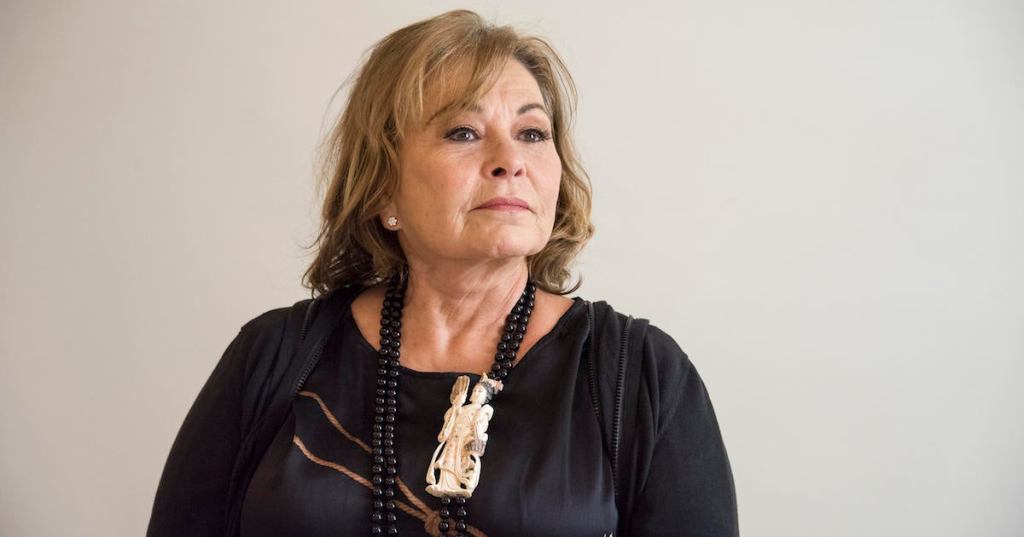Roseanne Barr’s daughter, Jenny Pentland, is sharing her traumatic experience for the first time after spending five years in and out of facilities for troubled teens as her mother’s Roseanne fame exploded in the ’80s and ’90s. Pentland, now 45, opens up about the horrific experiences she had in those facilities that left her struggling with PTSD in her new memoir, This Will Be Funny Later, out Jan. 18.
“I was locked up,” Pentland told PEOPLE ahead of the book’s release. The author shared that between the ages of 13 and 18, she was shipped off to a series of reform schools, psychiatric institutions and a wilderness boot camp after she began “acting out,” a reaction which she attributes in part to her mom’s sudden rise in fame from her iconic sitcom. “I was getting bad grades, and I was mouthy, cutting my arms and smoking cigarettes,” she said. “Just depressed.”
Videos by PopCulture.com
Pentland said Barr and her father, Bill Pentland, placed her in the facilities for troubled teens after being recommended them by education and behavioral experts. Her older sister, Jessica Pentland, had already been sent to a psychiatric hospital in Los Angeles after stealing their mother’s car for a joyride, the author shared, adding, “I think there was a fear of us spiraling out of control.”
Pentland shared that after witnessing and experiencing emotional and physical abuse at several of the places she was sent to – all of which she notes are closed or under new ownership – she struggled with PTSD. However, she said “the worst abuse I feel I suffered was having my free will removed – the lack of freedom.”
Pentland has been able to move on and start a family of her own after her difficult teenage years, and is now a wife to husband Jeff and mom to five sons, Eitan, 21, Cosmo, 16, Otis, 14, Buster, 12, and Ezra, 18 months. Pentland clarified she has a good relationship with both of her parents, but wanted to speak out about her experiences to raise awareness about some of the programs that are marketed to the parents of troubled teens. “These places are still out there and I want it to stop,” she said. “I don’t think about what I’ve lost anymore. I think about what other people are losing right now or what they’re going to lose if it doesn’t change.” This Will Be Funny Later will be released Jan. 18.





